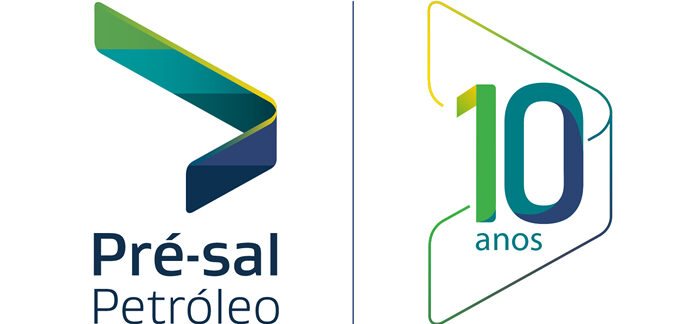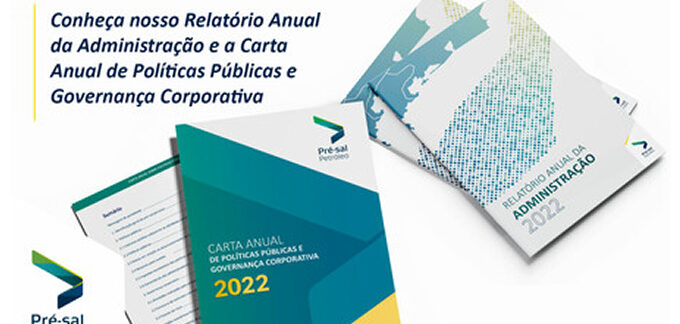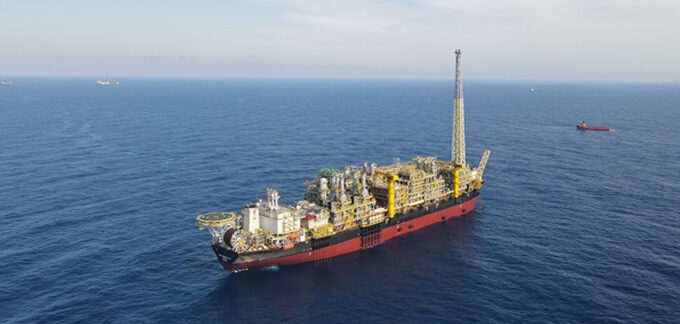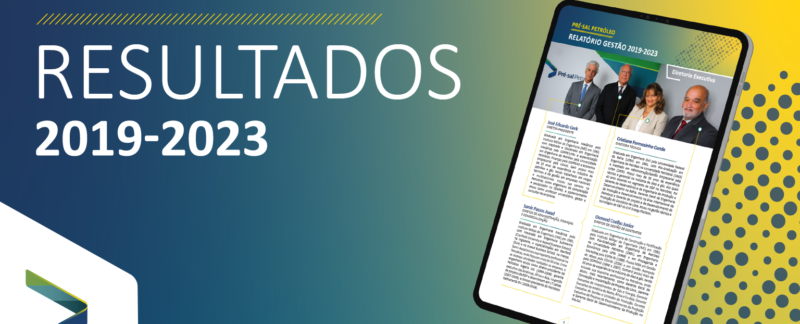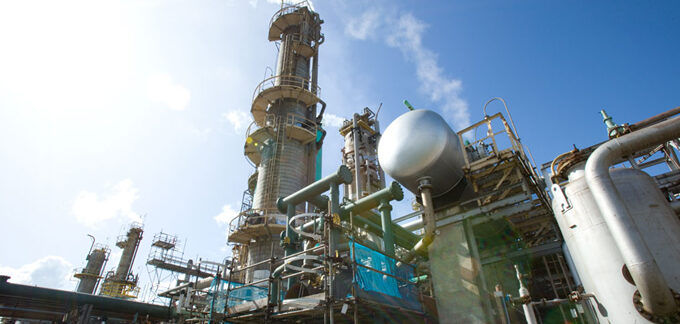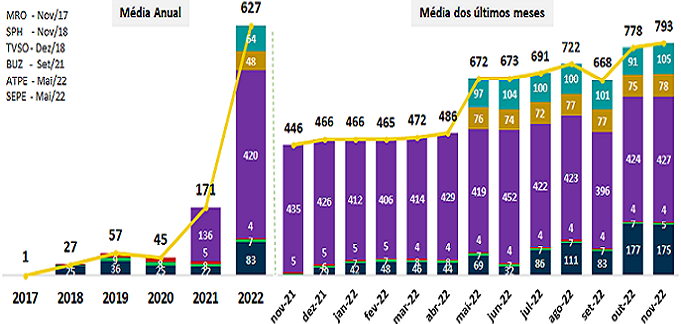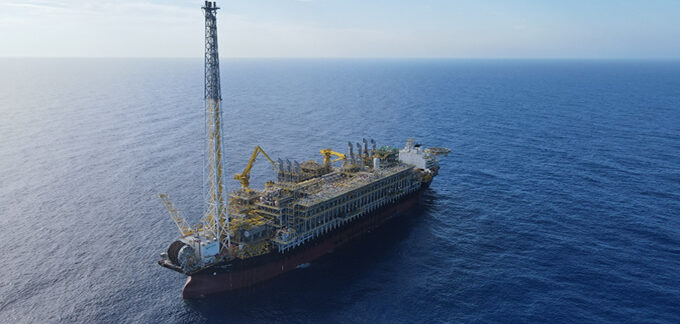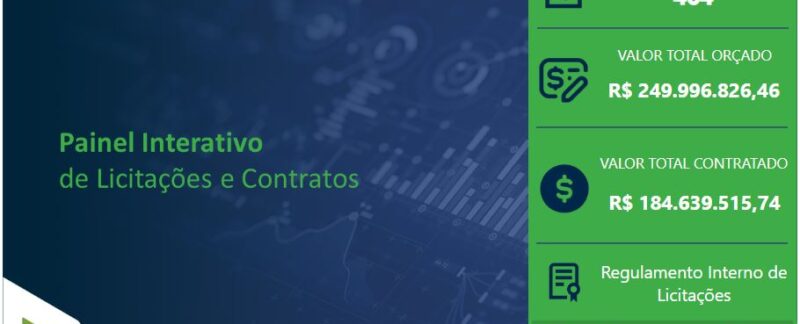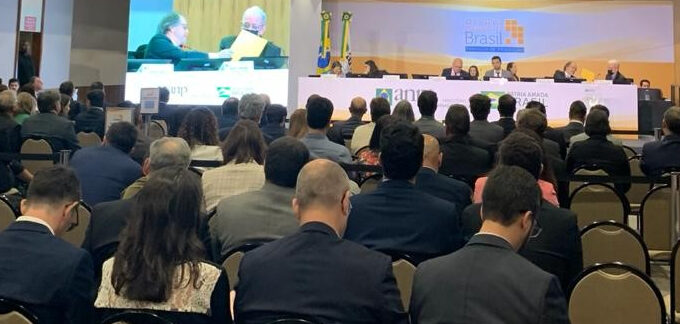Petrobras informed that the Guanabara platform vessel, installed in the Mero field, in the Bacia de Santos pre-salt, reached its maximum production capacity, with the mark of 180 thousand barrels of oil per day (bpd), after about eight months since the beginning of the unit’s operations. Of the FPSO type (floating oil production, storage and offloading system), Guanabara achieved this result with four producing wells and three gas injectors. It is the first platform in a series of four permanent units scheduled for Mero, each with the capacity to produce up to 180,000 bpd of oil.
This performance is the result of the high productivity per well, the learning curve acceleration and the use of state-of-the-art technologies in the field – such as the so-called loop configuration for the water and gas injection wells and the separation of carbon dioxide (CO2) by membranes. “The result demonstrates a ramp up (evolution) of production at a consistent pace, indicating high productivity in the field and a successful development strategy, within the most rigorous standards of operational safety”, said Petrobras’ Director of Exploration and Production, Fernando Borges.
Reduction of CO2 emissions
The FPSO Guanabara incorporates one of the most robust CO2 Capture, Use and Geological Storage programs, the so-called CCUS, as the Mero field has a 45% content of this gas, enabling the reduction of CO2 emissions.
In addition, the Consortium is developing, for application in the field, the unprecedented underwater separation technology named HISEP® (High Pressure Separation). With this technology, it will be possible to separate, even on the seabed, the gas produced rich in CO2, for reinjection into the reservoir.
The Mero field is home to not only the FPSO Guanabara, but also the FPSO Pioneiro de Libra, which operates the Early Production System (SPA 2), currently producing 50,000 bpd. SPA 2 is dedicated to the evaluation of field production behavior. With both units in operation, the Mero field is currently producing around 230,000 bpd.
Mero: third largest field in the country
In the second half of this year, the Consortium plans to install the second definitive platform in Mero: the FPSO Sepetiba, also with the capacity to produce up to 180,000 bpd. By 2025, the company will put another two units into operation in the field, totaling five systems that, together, will correspond to 770,000 bpd of installed capacity in the country.
Mero is the third largest field in Brazil in terms of volume of oil in place, behind only Tupi and Búzios, also located in the Bacia de Santos pre-salt.
Mero unitized field operations are conducted by the consortium operated by Petrobras (38.6%), in partnership with Shell Brasil Petróleo Ltda (19.3%), TotalEnergies EP Brasil Ltda (19.3%), CNODC Brasil Petróleo e Gás Ltda (9.65%), CNOOC Petroleum Brasil Ltda (9.65%) and Pré-Sal Petróleo SA (PPSA) (3.5%), as representative of the Union in the non-contracted area.


